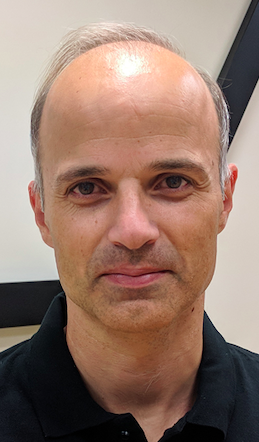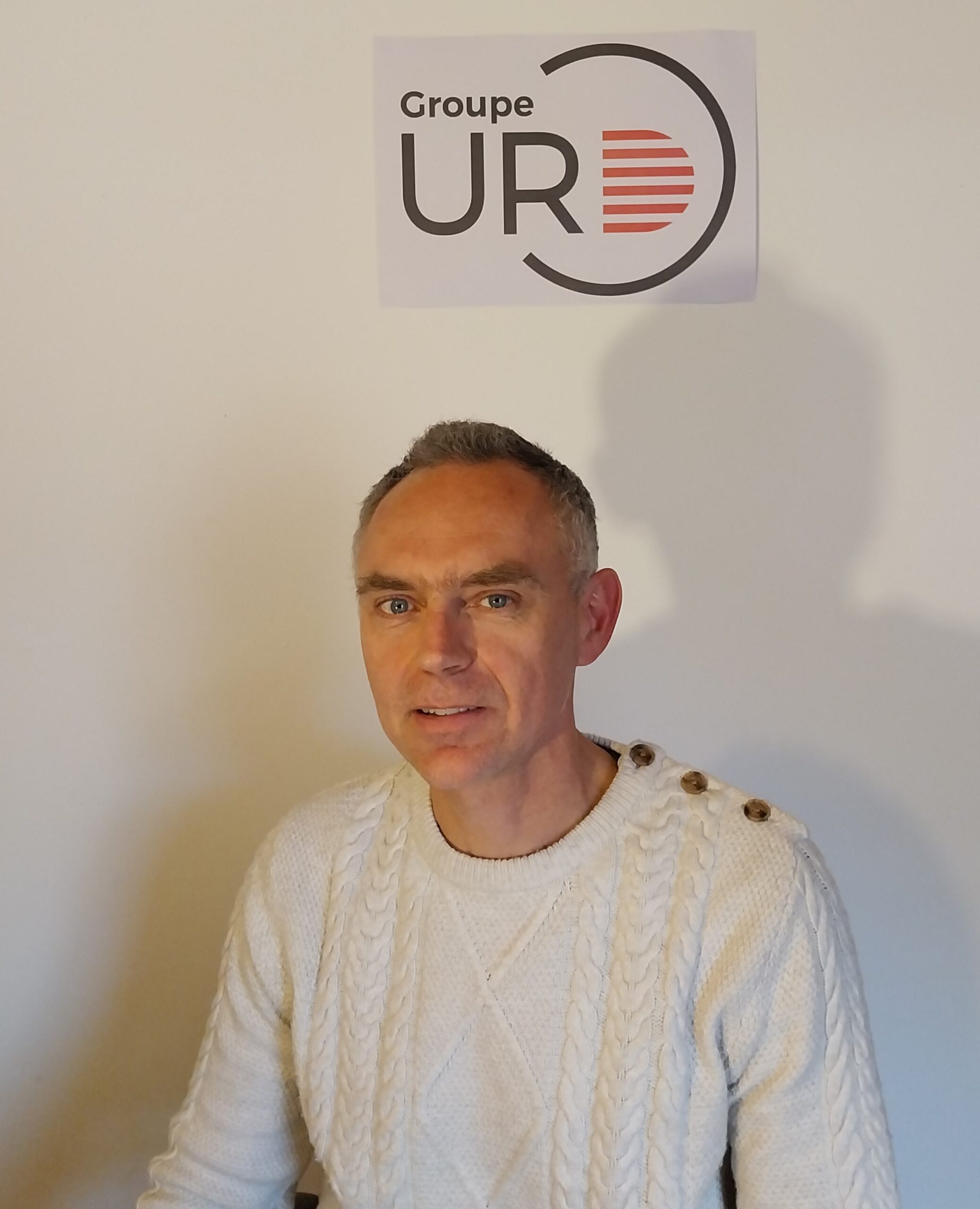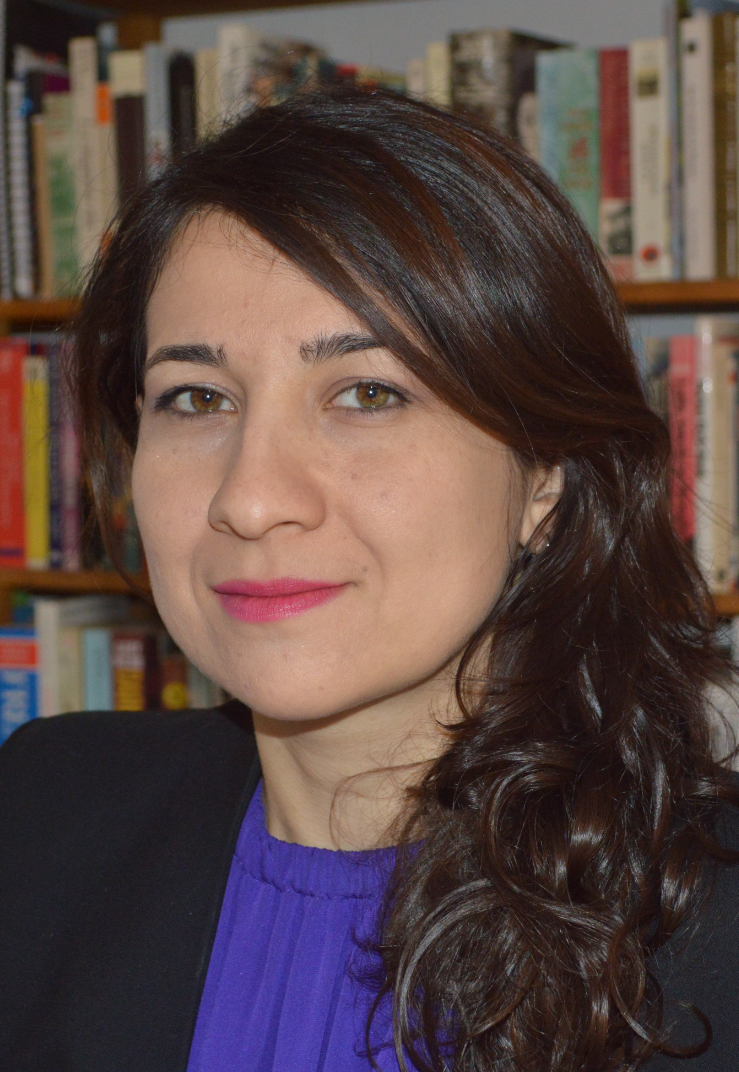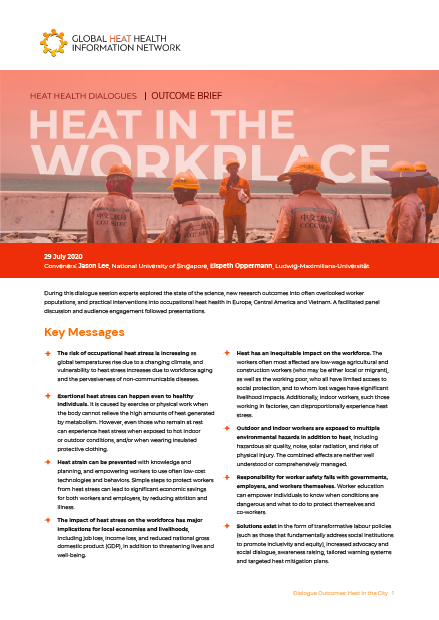Promo Video
This Dialogue provides a rapid tour through key recent developments in the world of occupational heat health.
Held on 29 July 2020, the dialogue consisted of updates from a panel of three experts and practitioners on the state of the science, new research outcomes into often overlooked worker populations, and practical interventions into occupational heat health in Europe, Central America and Vietnam. The presentations were followed by a facilitated panel discussion.
Heat in the Workplace: Full Dialogue
Downloads
Summary Report
Presentation
Presentation
Evidence-based Guidelines to Boost Health and Work Productivity in a Warming World
University of Thessaly, Greece
2020
Presentation
A Low cost, Anticipatory and Sciences-Based Approach to Reduce Heat Health Impacts on Outdoor Workers in Vietnam
German Red Cross, Vietnam
2020
Presentation
Working on a warmer planet: The impact of heat stress on labour productivity and decent work
International Labour Organization (ILO)
2020
Speakers
Moderator

Megan Rowling
Thomson Reuters Foundation
Megan Rowling is a journalist for the Thomson Reuters Foundation, covering the latest developments in humanitarian crises, aid, climate change, governance and women’s rights. She specialises in the impacts of climate change on developing countries, and solutions to this growing problem, including disaster risk reduction and climate finance.
Read MorePanelists

Andreas Flouris
University of Thessaly
Andreas Flouris is an Associate Professor at the University of Thessaly, in Greece, and an Adjunct Professor at the University of Ottawa, Canada. He is the Founder and Director of FAME Lab [(F)unctional (A)rchitecture of (M)ammals in their (E)nvironment], a research unit of 16 full-time researchers investigating the health and performance effects of environmental factors, with a particular focus on the impacts of heat. Dr. Flouris is a Coordinator or Partner in a series of large international projects in Europe and North America and he has published widely on the effects of different environmental factors on human health, productivity, and performance. He is currently participating in several Working Groups tasked to develop prevention measures to reduce the impacts of environmental factors for workers, athletes, and the general population, including the World Health Organization, the International Labour Organization, and the Greek Ministry of Labour.
Documentary Case Study: Heatwaves and The City (WMO, 2023)
Read More
Jerome Faucet
Groupe URD
Jérôme Faucet is a senior researcher, evaluator and trainer at Groupe URD, with 15 years of experience in the humanitarian sector focusing on Disaster Risk Reduction and Climate Change Adaptation including 5 years as an Anticipatory Action Specialist.
Groupe URD is an independent think tank that specialises in analysing humanitarian practices, developing policies and accompanying aid actors to improve the quality of their crisis responses. Groupe URD has been a pioneer in exploring the links between climate change and environmental degradation and humanitarian aid, analysing these impacts for over 15 years.
Before joining the Group URD, Jérôme was involved in the design of participatory action research initiatives such as online surveys and Knowledge Attitude Practice (KAP) surveys. He has extensive training experience ( both the development of training material and facilitation), in subjects such as Vulnerability and Capacity Assessments, Hazard Preparedness, Training of Trainers or Contingency Planning. He has played a key role in the coordination of research initiatives in the field of Anticipatory Humanitarian Action and heatwave responses.
Within the Red Cross Red Crescent Movement, he has led the joint development of the first Early Action Protocol on Heatwaves in urban contexts for vulnerable groups through cooperation with the RCRC Climate Centre, the Vietnam Red Cross and the Vietnam Institute of Meteorology, Hydrology and Climate Change (IMHEN).
In 2020, he led the co-organisation and co-facilitation of the first RCRC Asia Pacific heatwave regional meeting with the Asia Pacific Urban Community Resilience Hub, IFRC APRO Health Unit and the Disaster, Climate and Crisis team. Practical examples from Australia, India, Hong Kong, Vietnam, Bangladesh, Japan and Pakistan were showcased on how timely, simple, low-cost and at-scale actions can drastically reduce impacts due to extreme heat.
Read More
Tahmina Karimova
International Labour Organization (ILO)
Tahmina Karimova is a lawyer specialised in public international law, sustainable development, labour law and human rights law. She joined the research department in 2017; prior to that, she was the ILO National Coordinator for Tajikistan and a Project Coordinator for the ILO IPEC in Central Asia. From 2014 to 2017, Tahmina worked as a Human Rights Officer in the Office of the High Commissioner for Human Rights. She holds a PhD in International Law from the University of Geneva (Switzerland) and the Graduate Institute of International and Development Studies.
Read MoreSuggested Reading
- Fostering Anticipatory Humanitarian Actions for Heatwaves in Hanoi Through Forecast-Based Financing
Susan Dinnissen; Jerome Faucet; Thang Nguyen Van; Thang Vu Van; Trong Tran Dinh; Trung Nguyen Quang - Heatwave Guide for Cities
Red Cross Red Crescent Climate Centre - City Heatwave Guide for Red Cross Red Crescent Branches
Red Cross Red Crescent Climate Centre
- Extreme Heat during the COVID-19 Pandemic
Red Cross Red Crescent Climate Centre, Global Heat Health Information Network - Working on a Warmer Planet: The Effect of Heat Stress on Productivity and Decent Work
ILO, 2019
For more information, please contact:
Jason Lee, National University of Singapore, phsjlkw@nus.edu.sg
Elspeth Oppermann, Ludwig-Maximilians-Universität München, Elspeth.Oppermann@geographie.uni-muenchen.de
